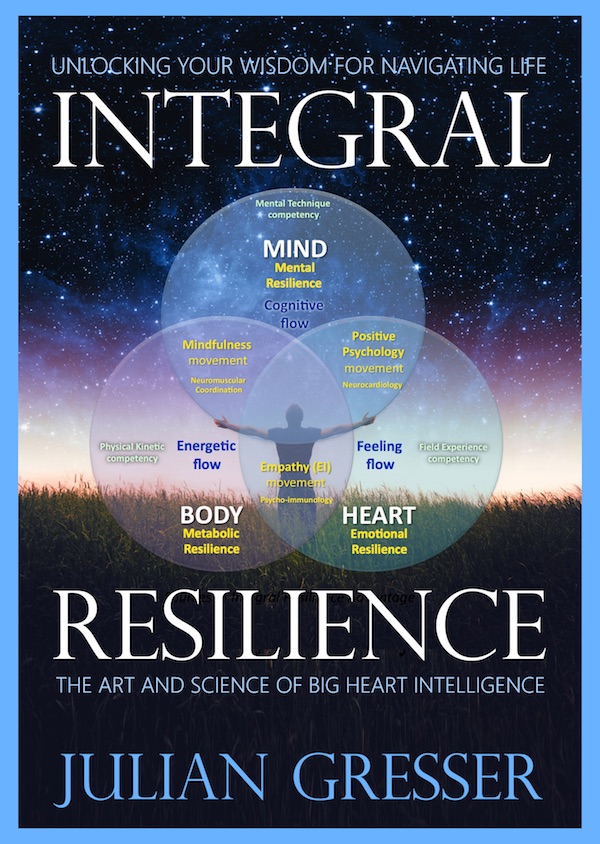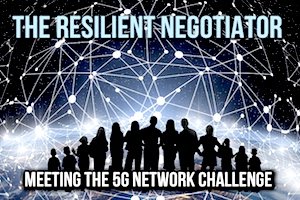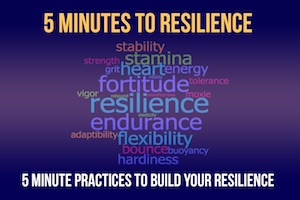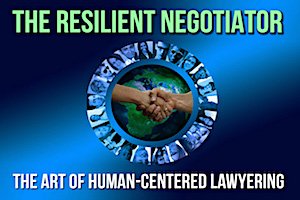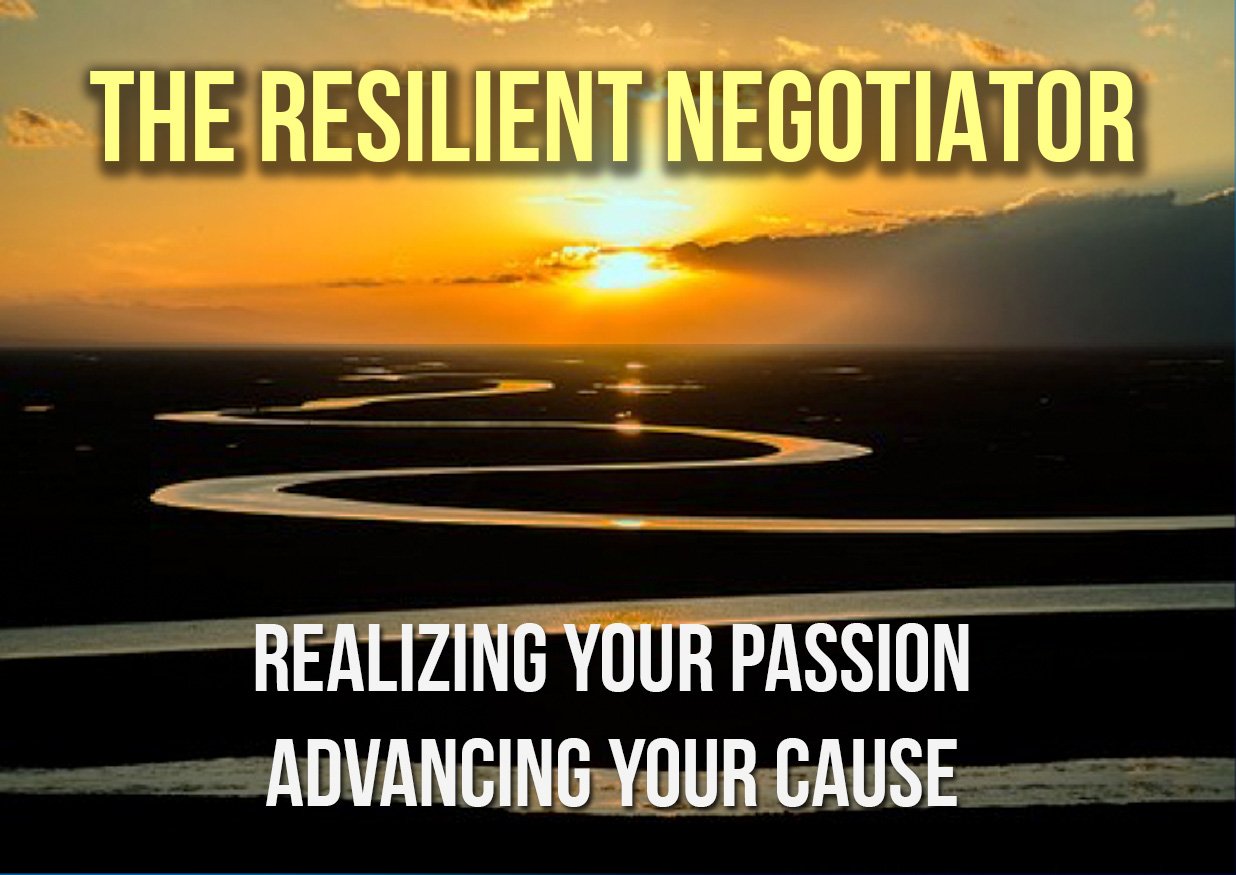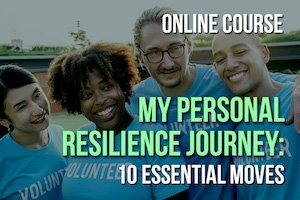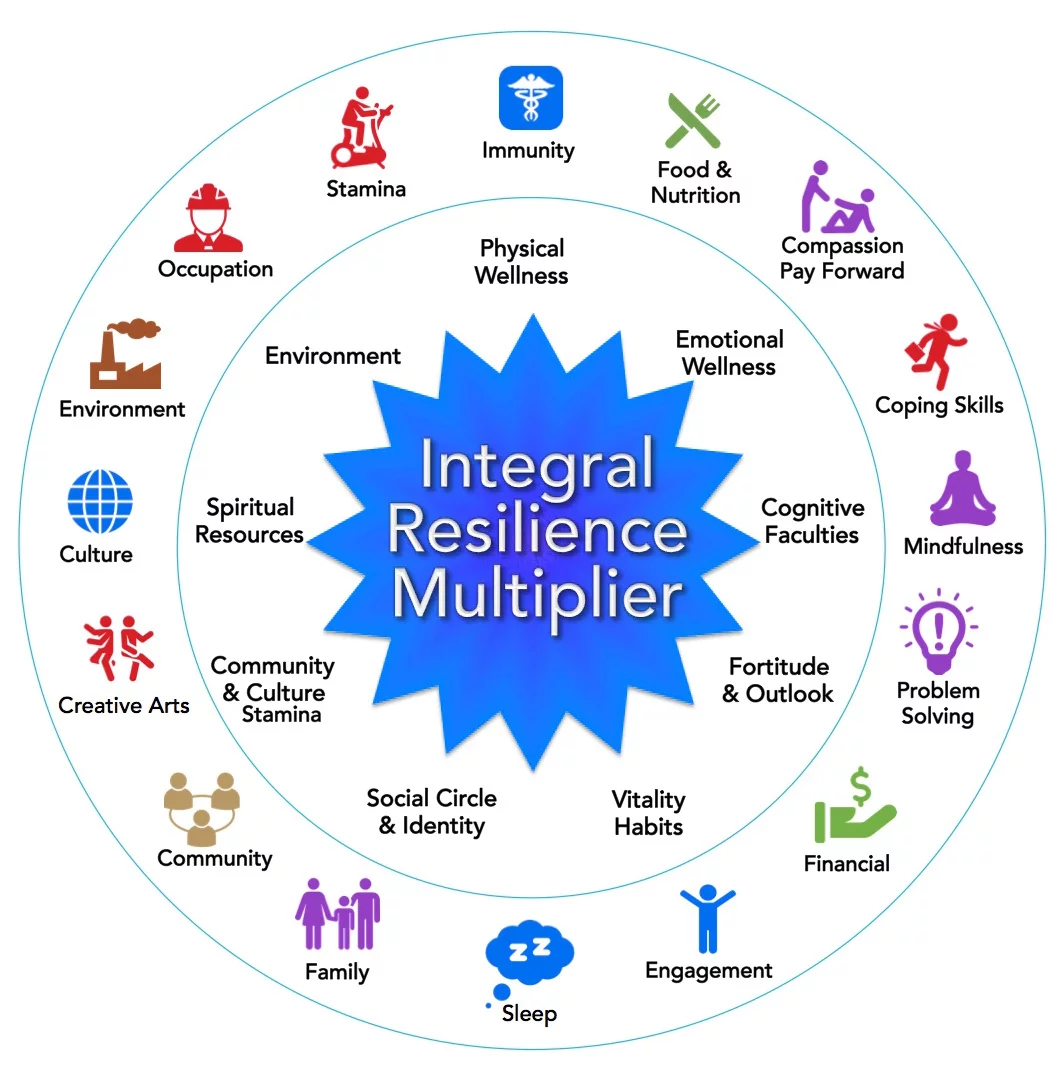Description
“Resilience” is generally understood in the large majority of studies we cite as an ability to bounce back to an original state of equilibrium or homeostasis. But here we are more interested to understand how systems (biological, technological, and societal) dynamically learn to bounce forward toward something even finer, to turn adversities to advantage. We introduce a new conception of “integral resilience,” as a core life competency that can build upon and enhance the existing literature on resilience. And in an age fascinated by breakthroughs in positive psychology, mindfulness, and brain science, we highlight in contrast humanity of heart.
In both popular literature and serious scientific studies resilience, we are coming to understand that positive emotions and an attitude of mind are closely associated with happiness. The cultivation of integral resilience advances this inquiry in several ways.
- It acknowledges that there is a universe of beneficial wellsprings for happiness and offers a comprehensive framework to bring them together.
- It appreciates that happiness and resilience often arrive in life’s little “shifts” and tender mercies.
- It recognizes that the flow of subtle energy (qi, ki) and love has much to do with happiness.
- It celebrates Heart as a powerful energy field acting as a “step-down” and “step-up” transformer of qi and love.
- It pays special tribute to selfless tangible actions (paying forward) that soften the sorrows of others by bringing light and joy. In this way we create our own luck and happiness.
Every chapter includes links to latest online news about the chapter.
Table of Contents:
SECTION I: THE ROLE OF RESILIENCE IN HEALTH
- When Resilience is Impaired
- Alzheimer’s Disease (AD)
- Parkinson’s Disease (PD)
- Resilience and Multiple Sclerosis (MS)
- Diabetes
- Obesity
- Hypertension and Cardiac Illness
- Arthritis
- Breast Cancer
- Resilience and Loneliness
- Depression and Resilience
- Alcohol, Drug and Substance Abuse
- Co-Morbidity
- Burnout
- Trauma and Resilience
- Resilience and Pain Management
- Resilience and the Brainstem
- Neurobiology of Resilience
- Immune Compromise
- Mitochondrial Resilience
- Resilience and Epigenesis
- Resilience and Microbiota
- Resilience and Viruses
- Bacterial Resilience
- Immunological Resilience
- Neuroplasticity and Resilience
- National Costs of Impaired Resilience
- Cost Savings in Building Resilience
SECTION II: BIG HEART INTELLIGENCE AND INTEGRAL RESILIENCE
- Definition
- BHI and Integral Resilience
- Heroic Journey
- Physical Fitness and Resilience
- Resilience and Play – the Good Karma Reflex Ball
- Resilience and Nutrition
- Resilience and Creativity
- Resilience and Imagery
- Resilience and Happiness
- Smiling, Mirror Neurons, and Resilience
- Humor and Resilience
- Resilience and Aging
- Resilience and Longevity
- Medical Education and Resilience
- Metrics: 11 Leading Methodologies
- Measuring Integral Resilience
SECTION III: COMMUNITY RESILIENCE
- Resilient Organizations
- Successful Organizations
- 55+ Generation: The Silver Tsunami
- Kids and Students
- Sports
- Performing Arts, Festivals, and Celebrations
- Business Community
- Non-Profit Organizations
- Connecting to Nature
- Regeneration and Resilience in Nature
- Resilience and Music
- Resilience and the Abundance Economy
- Economic Resilience
- Cultural Resilience
- Resilience in Disaster and Emergency Management and Prediction
- Network Resilience
- Homelessness
- Financial Resilience
- Insurance and Resilience
- Resilient Stock Exchanges and Resilient Public Companies
- Resilience and Philanthropy
- Resilient Retirement Communities
- Resilient Cities
SECTION IV: RESILIENCE OF THE PLANET
- Resilience in Quantum Physics
- What is Ecological Resilience?
- Challenged Earth: Climate Change Revisited
- Global Poverty and Resilience
- Resilience, Health Justice, and International Human Rights
- Resilience and Peace Making
- Resilience in the World’s Great Spiritual and Wisdom Traditions


